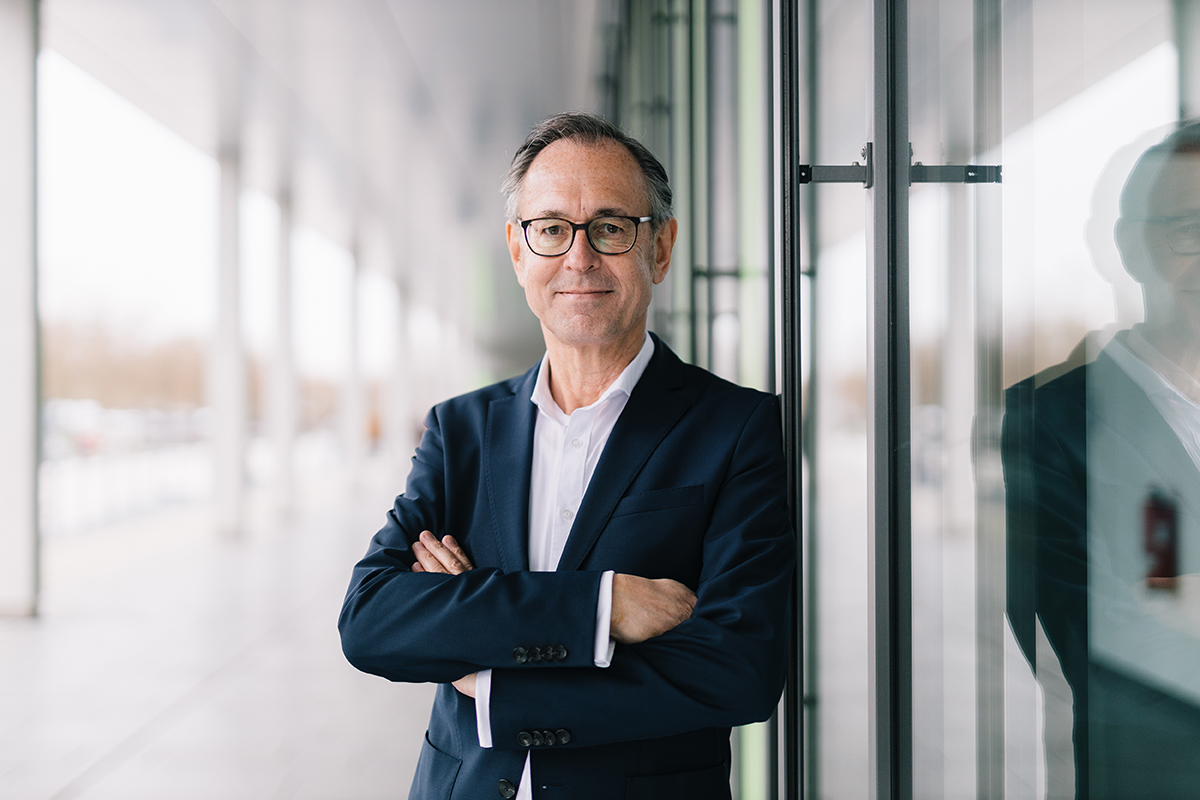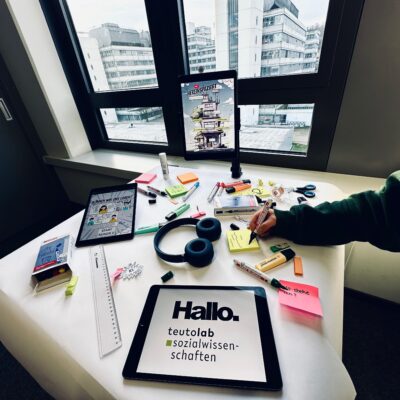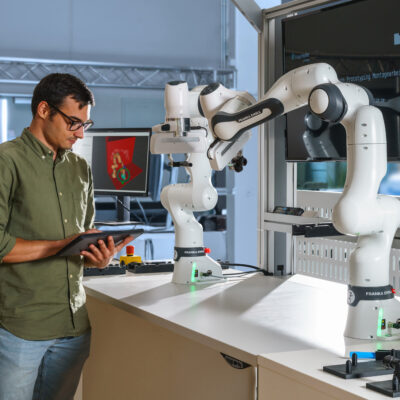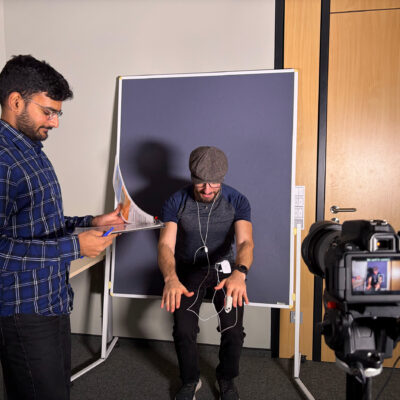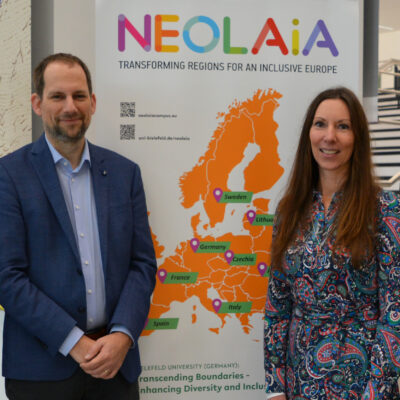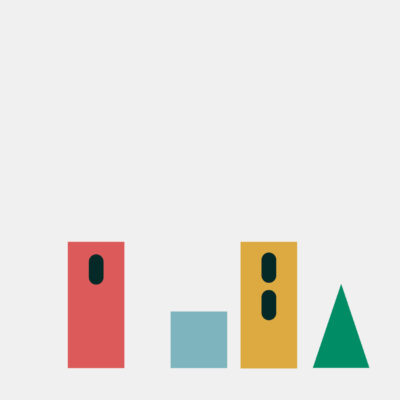Countries are arming themselves in response to the war in Ukraine. “Politicians in Europe already need to start preparing now for the post-war period. They need to formulate a comprehensive plan for peace that moves beyond the previous logic of deterrence,” says Professor Dr Andreas Zick, Director of the Institute for Interdisciplinary Research of Conflict and Violence (IKG) at Bielefeld University. The goal, according to Zick, should be a peacekeeping treaty and rules for Europe. On 24 March the IKG held its first “Peace & Conflict Talk (PaCT)”. Andreas Zick on the lessons to be drawn from the outbreak of this war and what what the arrival of hundreds of thousands of refugees might mean for German society. This interview is the first of a series of talks on the war in Ukraine with experts from Bielefeld University.
In view of the war in Ukraine, you urge western politicians to pursue a new approach to peace. What does this strategy look like?
Andreas Zick: This includes a peacekeeping plan that is capable of bringing together the areas of security, politics, society, and the economy, shifting from the logic of war and deterrence to a logic of stable peace. After all, the war has shown just how unstable the previous peace had been. The “guardrails” of peace include—beyond the rejection of violence—conflict prevention that addresses root causes, and problem-solving by way of dialogue and negotiation.
Right after the outbreak of the war, you called for the establishment of a European peacekeeping mission. How does this differ from the peacekeeping mission advocated for by the Polish deputy head of government in a press conference in Kyiv last week?
Andreas Zick: Jaroslaw Kaczynski called for a NATO peacekeeping mission. But this will not be enough because the focus is largely on military options. Economic sanctions and the military are meant to bring about peace. This will not work. What I am talking about is a peacekeeping mission that would incorporate a European peace architecture, including peacekeeping forces from states that do not belong to the EU and NATO. Similar to climate change, the challenges that have to be solved here are global ones: arms control and disarmament, preventing new information wars, better predicting escalations, and determining potential scenarios for peace. This encompasses issues of preserving culture and strengthening civil society and democracy, as well as preventing extremism, conflict, and violence. These building blocks are essential to effective peacekeeping, and they now need to be cast into a new plan. We already need to know where more violence is brewing, where scenarios of war and violence are prevailing, and ultimately, we need to know where peacekeeping must be rethought. We already need to assume that this war will result in renewed extremism here in Europe.
According to Putin’s propaganda, the war is serving to “denazify” Ukraine. You study right-wing extremism – how are we to understand what Putin is claiming here?
Andreas Zick: In war, enemies must be depicted as threateningly and heinously as possible in order to legitimize the use of violence. Putin is transfiguring the war and Russian identity with this myth that Ukraine should be liberated from Nazis. Part of this war is propaganda, which we did not take seriously enough early on. For me, the crucial question here is why populism and the distortion of historical facts resonate with the Russian people: Is it because there are no other media outlets or public discourse, or is it because a new radical nationalism has emerged in Russia, which was built up over years and has done away with historical facts? We also need to figure out why such messages catch on. We know that the Russian government shut down democracy-building efforts, controlled the media, and replaced the national consciousness with a national populism.
Some 225,000 refugees from Ukraine have been registered in Germany so far. What impact will the growing number of refugees have on social cohesion in Germany?
Andreas Zick: The large number of refugees who have been taken in is an expression of social cohesion – and this can also simultaneously strengthen cohesion. It is therefore a good thing that it is being acknowledged how much solidarity is being shown daily. Cohesion includes belonging, trust, the experience of community, participation, and contact between different groups. This can be witnessed first-hand in such crisis situations. Society is seeing that it can also create cohesion for others who are not first screened for admission according to criteria for assessing their ability to integrate. Of course, the question of how many refugees is too many will soon come up. This is a question of at what point society will no longer be able to peacefully regulate conflicts over resources, identities, and values. We will have conflicts – that is part of it. But after the massive hate crimes and extremist movements that occurred after the refugees were admitted in 2015, we should now better understand that many of the conflicts that tipped over into violence were fueled by radical right-wing and extremist politics, and were based far less on actual competition, for example over jobs or housing. In short, we need to be better prepared for conflict given that war results in massive losses in all areas of life and society.
